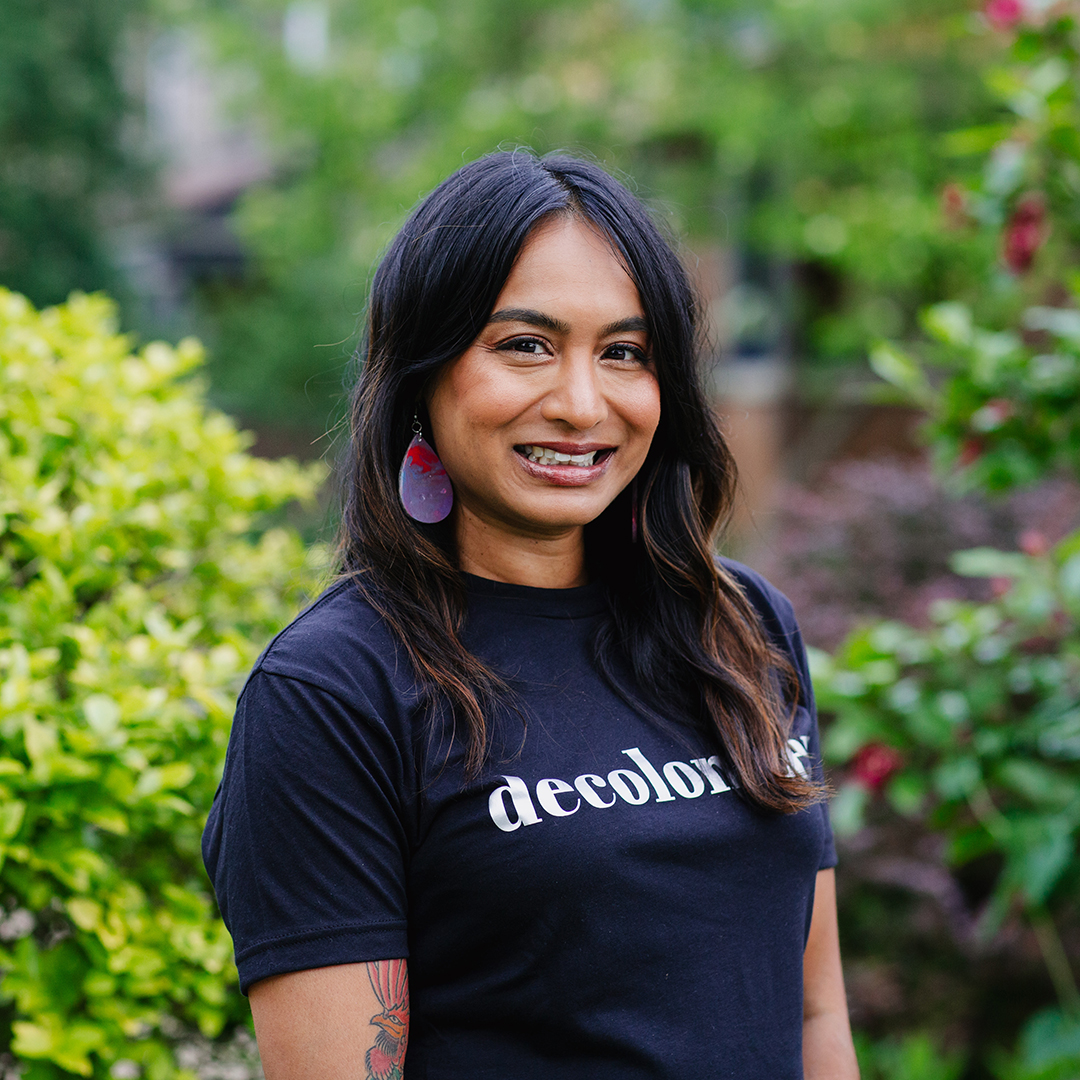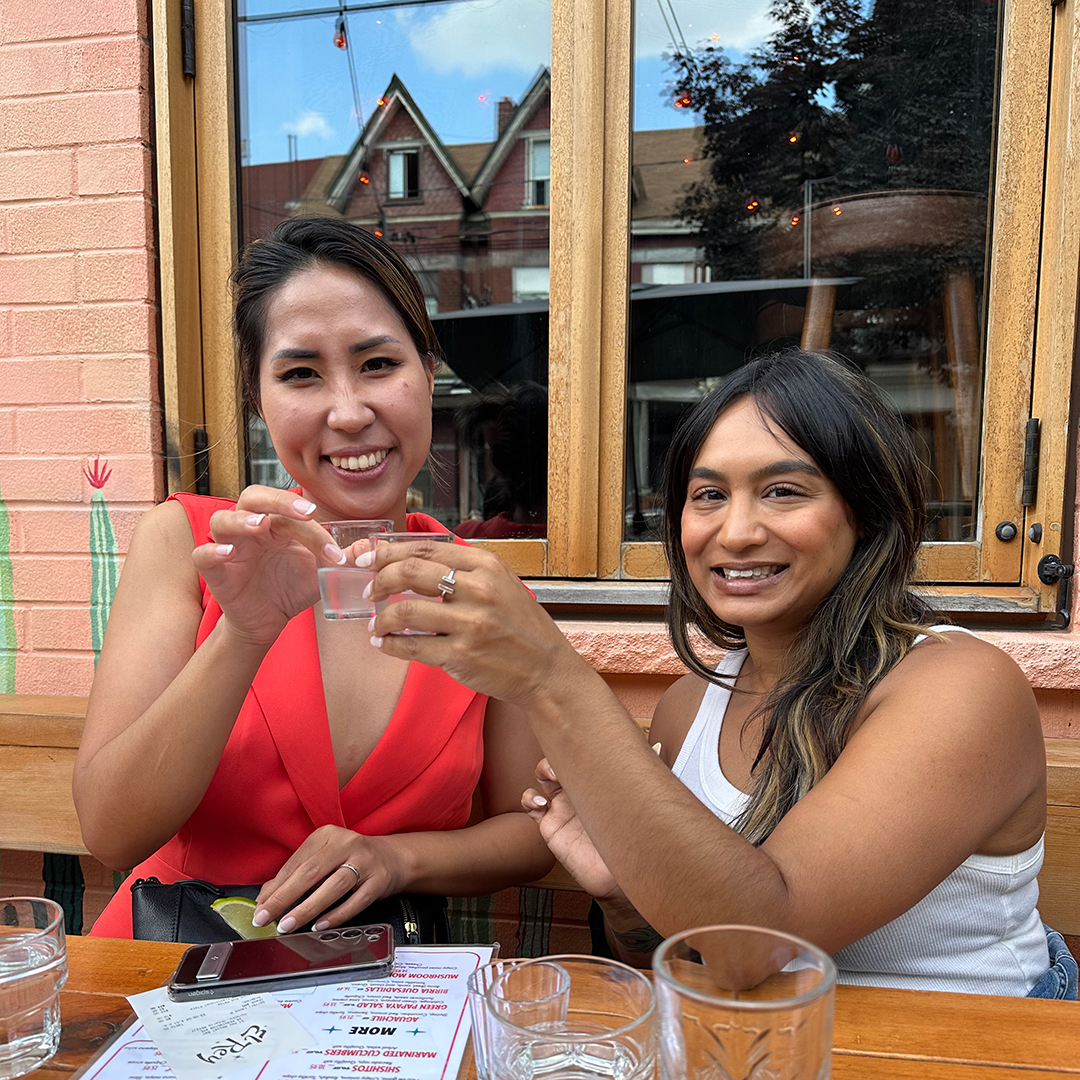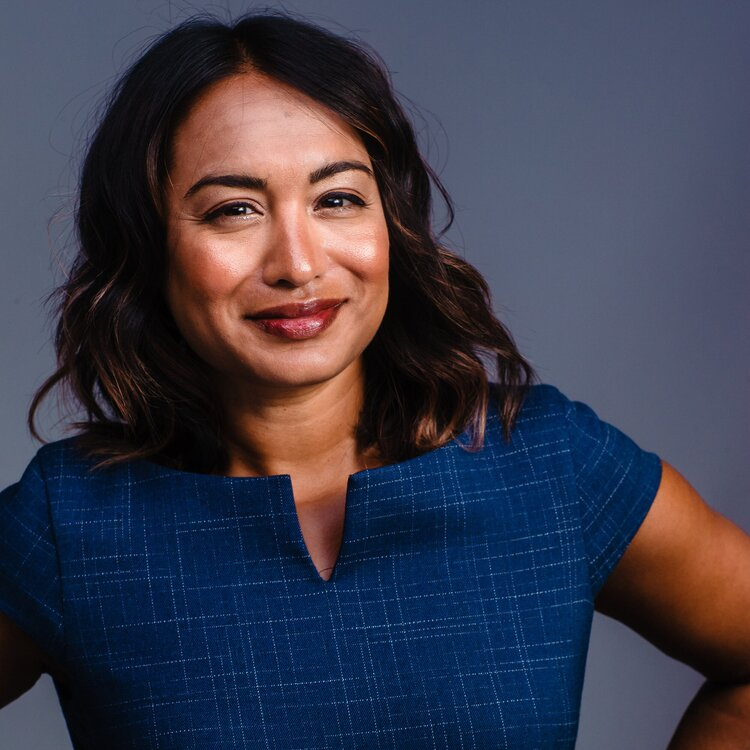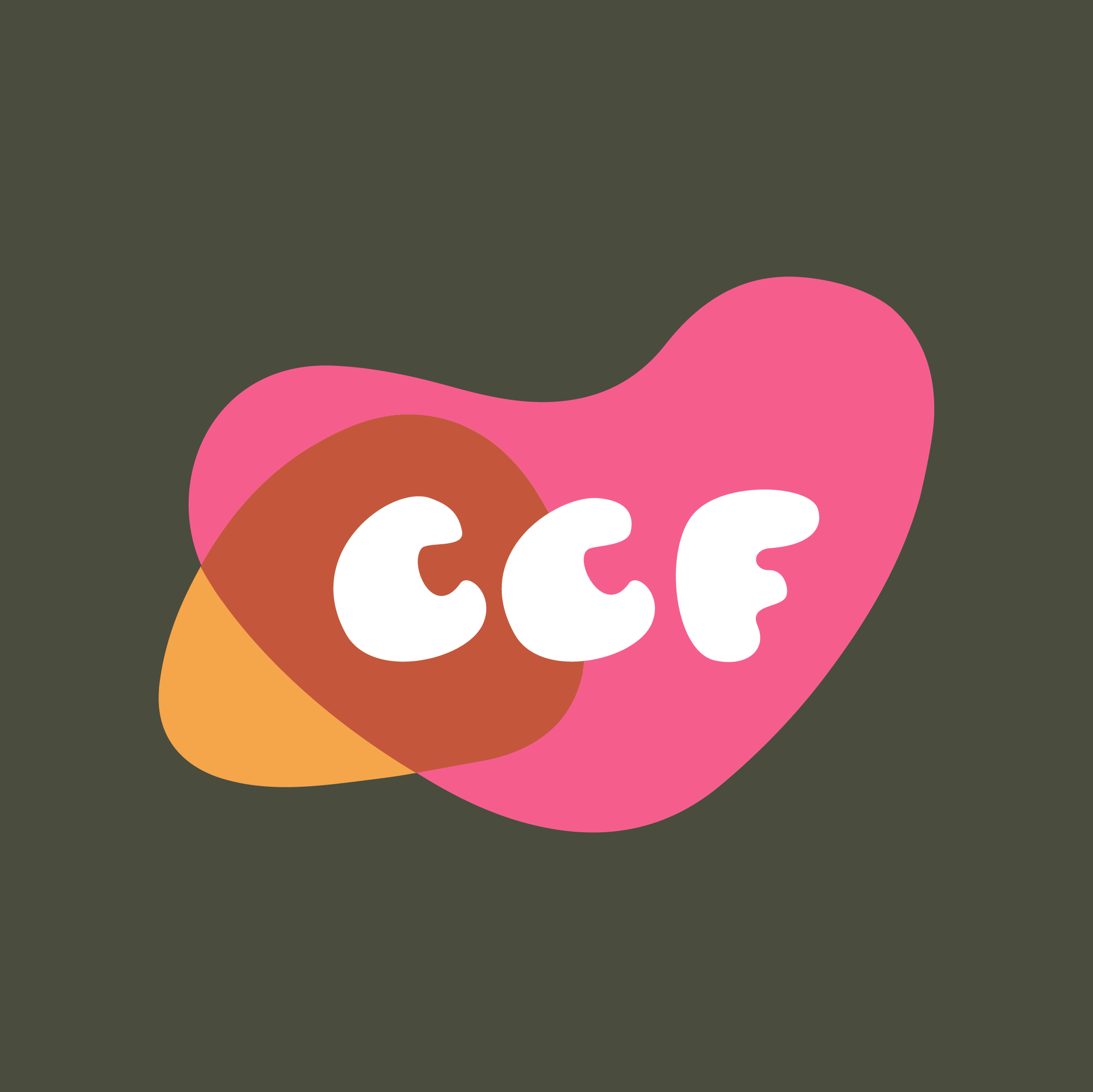 Community-Centric Fundraising’s Rachel D’Souza talked with Building Movement Project’s Deepa Iyer, creator of the Social Change Ecosystem about how to determine your role in the Social Change Ecosystem and what we can all do to meet the challenges our sector currently faces.
Community-Centric Fundraising’s Rachel D’Souza talked with Building Movement Project’s Deepa Iyer, creator of the Social Change Ecosystem about how to determine your role in the Social Change Ecosystem and what we can all do to meet the challenges our sector currently faces.
Rachel D’Souza Archive
Finding our way together: Joining the CCF Movement through the roles of the Social Change Ecosystem
 But what if those of us in the CCF movement identified and owned our roles on the Social Change Ecosystem Map? What if we worked together — wherever we are with whatever resources we have to give — and trusted others in our movement community to take up space? The possibilities of change make me feel absolutely euphoric.
But what if those of us in the CCF movement identified and owned our roles on the Social Change Ecosystem Map? What if we worked together — wherever we are with whatever resources we have to give — and trusted others in our movement community to take up space? The possibilities of change make me feel absolutely euphoric.
Where do we go from here? Introducing the Social Change Ecosystem as a framework for Community-Centric Fundraising
 If we know that we cannot — and should not — be everything to everyone, how will we get our communities what they need while preserving our energy for the long fight ahead? Now is the time to radically reimagine what could be when we embrace our role in the Social Change Ecosystem.
If we know that we cannot — and should not — be everything to everyone, how will we get our communities what they need while preserving our energy for the long fight ahead? Now is the time to radically reimagine what could be when we embrace our role in the Social Change Ecosystem.
Navigating justice as the “model” minority: Asian solidarity and allyship in BIPOC movements
By Rachel D’Souza and Esther Saehyun Lee
 In honor of Asian American Heritage Month, Esther and I wanted to explore the potential roles and opportunities for those of us who identify as Asian or of the Asian diaspora in movements for justice like Community-Centric Fundraising.
In honor of Asian American Heritage Month, Esther and I wanted to explore the potential roles and opportunities for those of us who identify as Asian or of the Asian diaspora in movements for justice like Community-Centric Fundraising.
Navigating Policy and Advocacy: Essential Skills for CCF Practitioners
 Philanthropy is the love of humankind, the love of people. And we made it about money. We made it about power. But before the colonization, before the capitalism, before the patriarchy, we lived in community. We shared resources. We took care of the people.
Philanthropy is the love of humankind, the love of people. And we made it about money. We made it about power. But before the colonization, before the capitalism, before the patriarchy, we lived in community. We shared resources. We took care of the people.
Instagram Live: What does it mean to be a disrupter in an institution?
 This event has passed. Community-Centric Fundraising has been invited to speak at AFP Icon in Toronto. This is a big moment for the movement. How do we make sure that we are curious about how people are being helped by institutions — regardless if you’re a burn it all down, a reformer, or an incremental changemaker? Hear from Esther Lee, Rachel D’Souza, and Sommer Dawson who are all members of the CCF Global Council and have roles in AFP.
This event has passed. Community-Centric Fundraising has been invited to speak at AFP Icon in Toronto. This is a big moment for the movement. How do we make sure that we are curious about how people are being helped by institutions — regardless if you’re a burn it all down, a reformer, or an incremental changemaker? Hear from Esther Lee, Rachel D’Souza, and Sommer Dawson who are all members of the CCF Global Council and have roles in AFP.
Bringing donors into the movement
 Community-Centric Fundraising (CCF) is a movement founded by fundraising professionals — but its success will not be realized if we do not cast a wider net to others impacted by the ineffective and inequitable realities of the nonprofit sector.
Community-Centric Fundraising (CCF) is a movement founded by fundraising professionals — but its success will not be realized if we do not cast a wider net to others impacted by the ineffective and inequitable realities of the nonprofit sector.
Stop the sabotage: Why Millennials like us must add chairs at the table for Gen Z
 Friends. I am turning 40 this summer. I am milleniOLD. An elder millennial. Some might say a geriatric millennial — which is just rude, y’all. I still feel young, despite listening to chats that my children — both born after 2010 and currently categorized as Gen Alpha —— have songs and trends and technology that I’m completely clueless about.
Friends. I am turning 40 this summer. I am milleniOLD. An elder millennial. Some might say a geriatric millennial — which is just rude, y’all. I still feel young, despite listening to chats that my children — both born after 2010 and currently categorized as Gen Alpha —— have songs and trends and technology that I’m completely clueless about.
Sometime in the last decade, I went from being one of the youngest people in the room to one of the oldest. I did not realize this shift had occurred until recently, when I was on a Zoom with a client. During an icebreaker, we all had the chance to share one of our favorite teenage/coming-of-age movies.
Listen to the children … (because the world hasn’t ruined them yet)
 One of the biggest lessons I’ve learned in my first decade of parenthood is that I have so much more to learn from my children than they will ever learn from me. They are curious, kind, and optimistic. They feel their feelings in a big way and have not succumbed to shame and self-doubt. They are excellent at speaking their truth and voicing their own needs. They could probably use some work on their boundaries (who needs privacy in the shower, anyway?), but, if there’s any force that can teach us to be the best, most unapologetic versions of ourselves, it is our children.
One of the biggest lessons I’ve learned in my first decade of parenthood is that I have so much more to learn from my children than they will ever learn from me. They are curious, kind, and optimistic. They feel their feelings in a big way and have not succumbed to shame and self-doubt. They are excellent at speaking their truth and voicing their own needs. They could probably use some work on their boundaries (who needs privacy in the shower, anyway?), but, if there’s any force that can teach us to be the best, most unapologetic versions of ourselves, it is our children.
White-focused philanthropy is on the way out; a philanthropy that unites us is taking over
 Recently, USA Today published an opinion piece titled People-focused philanthropy is on the way out. A philanthropy that divides is taking over, by Elise Westhoff. The basic premise of this article casts a critical eye toward the recent national conversation about community, equity, race, and justice. It suggests that holding space for philanthropy to refresh or reinvent itself in response to current events — or for philanthropy to acknowledge how systems, policy or politics — has had a disparate impact on groups of individuals and causes harm to the donors themselves.
Recently, USA Today published an opinion piece titled People-focused philanthropy is on the way out. A philanthropy that divides is taking over, by Elise Westhoff. The basic premise of this article casts a critical eye toward the recent national conversation about community, equity, race, and justice. It suggests that holding space for philanthropy to refresh or reinvent itself in response to current events — or for philanthropy to acknowledge how systems, policy or politics — has had a disparate impact on groups of individuals and causes harm to the donors themselves.
